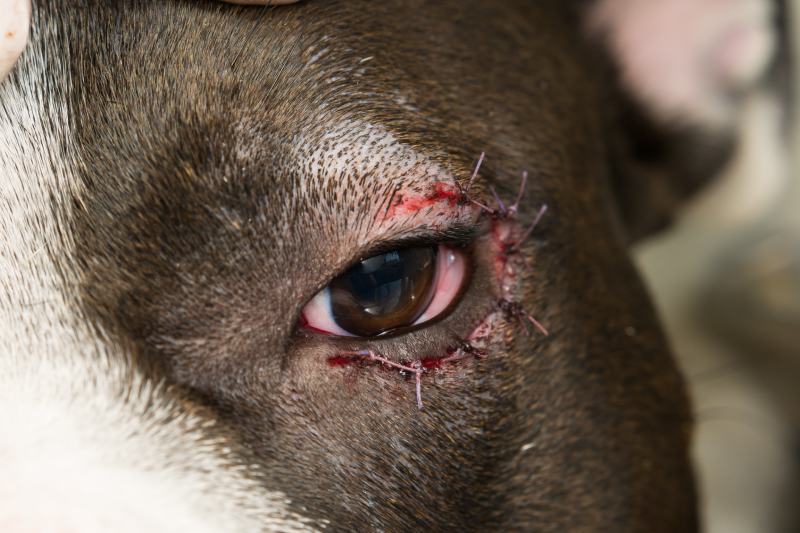Do Dogs See Us as Parents? What Science Says
Updated on
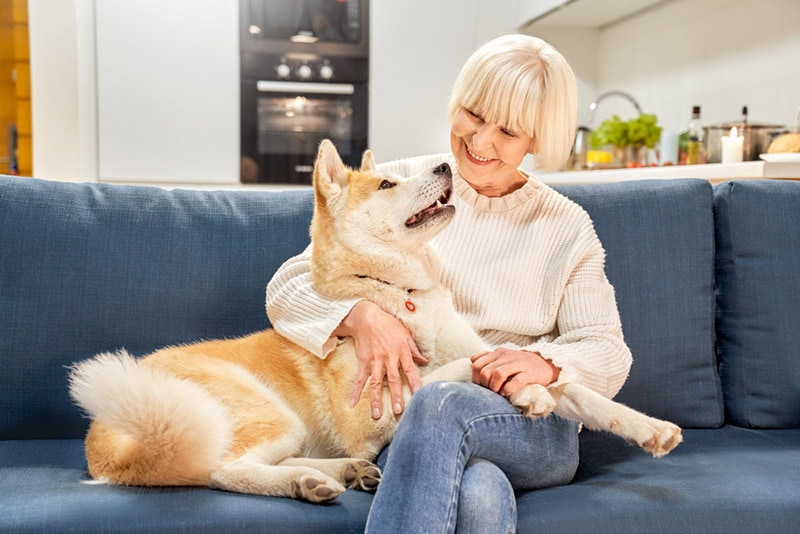
Dog owners often refer to their dogs as their children, usually because we form strong bonds with our canine companions. This relationship is similar to that of a parent and a human child—we take on the parental role of caring and providing for our dogs out of love. Many owners also view their dogs as beloved members of the family, but how do dogs see us? While it is possible they could see us as a parent to an extent, it is not the same way that puppies would view their actual mother.
This article will discuss whether dogs see us as parents and how they feel about the relationships we form with them.
Do Dogs Think We Are Their Parents?
Dogs do not necessarily see us as their true parents, but perhaps as family. Although humans can experience similar emotions and behaviors when caring for our dogs like we do with our children, dogs do not.
While dogs are intelligent and sentient animals, they don’t experience the same thought processes and emotions as we do.
Dogs are usually self-sufficient at around 12 weeks of age and could provide for themselves if necessary. They no longer rely on their mother for survival after that time and do not need parental care. As dog owners, we take on the role of caring and providing for them even as an adult.
Puppies generally rely on their mother for food, warmth, and protection. Whereas we care for our dogs by providing them with shelter, food, a clean home, medical treatment, and plenty of love. These are all things that a parent would normally do for their child. The difference is that dogs do not see this as us being their parent, but rather a familiar person that cares and loves them.
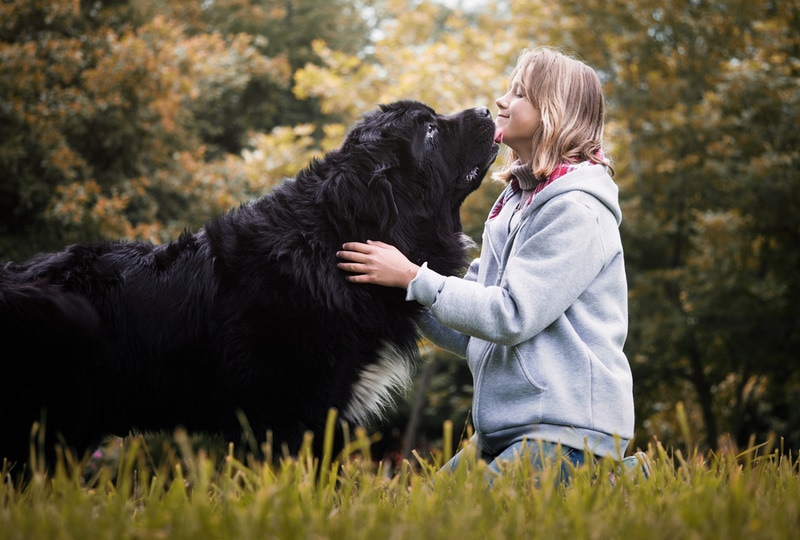
What Does Science Have to Say?
Dogs and humans have been associated for around 15,000 years. Some experts even believe that our relationship with canines dates back more than 30,000 years ago. Regardless, we know that dogs and humans have coexisted for a very long time. This has given us plenty of time to form bonds with dogs and take on the role of caring for them throughout history.
Despite this lengthy history, researchers still aren’t sure about the exact emotions that dogs feel or think about us.
Attachment Bonds in Dogs
Over the years, researchers have been noticing a similarity between canine and human and parent-and-child relationships. This was further explored in a study led by Lisa Horn from the Vetmeduni’s Messerli Research Institute. Dogs were found to form a similar bond with their humans, the “secure base effect”, which is also found in parents and children. Dogs rely on their owners for care and survival, much like human children do. The secure base effect was tested using three different types of owners, an absent, silent, and encouraging owner.
They tested various dogs’ food-related motivation with the different types of owners present in the room. When dogs were kept in the testing room with an absent owner, they were found to be less motivated at retrieving the food and spent more time with the experimenter. The experimenter was likely a form of social support for the dogs who were familiar with humans in general. Whereas the dogs with a silent owner spent more time with them than when they were replaced by an unfamiliar person.
However, they were less motivated to retrieve the food than with a familiar person. The dogs with silent or encouraging owners present in the room were more explorative as well. Whether the owner was silent or encouraging didn’t have much effect on their motivation to retrieve the food.
Furthermore, the study discusses how dogs in shelters seem to prefer certain caregivers over others. Mainly because the dogs interacted with those caregivers more and had the opportunity to form an attachment bond.
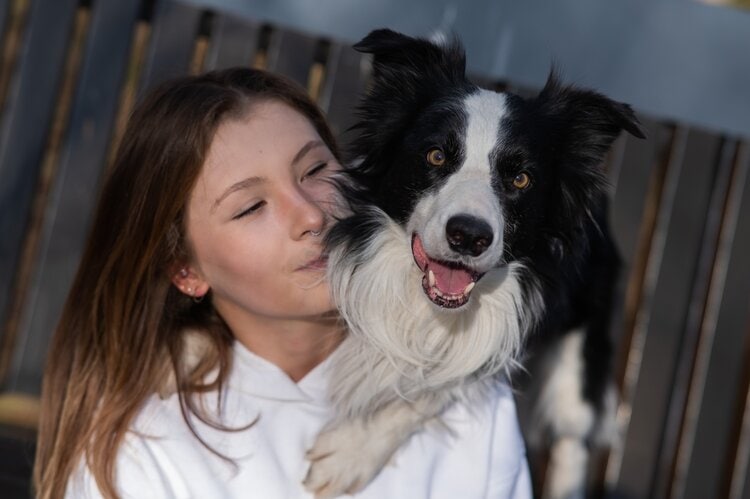
The Results
Horn’s study showed that dogs can form a strong attachment to their owners to the point where they rely on them for security and motivation, much like a human child would. The type of relationship they had with their owner affected their motivation and confidence. Although the secure base effect is most evident in human infants, it seems that dogs still show a similar attachment bond with their owners even as an adult.
Therefore, dogs potentially see us as a parental figure in their lives but only to a certain extent.
Do Dogs Think We Are Humans or Dogs?
It is highly unlikely that dogs think that humans can be dogs. Dogs have incredible senses that allow them to differentiate between humans and animals, like their sense of smell or sight. Humans do not give off the same scents as other dogs would, and dogs can pick this up.
Do Abandoned Puppies Think We Are Their Parents?
Abandoned puppies are dependent on their owners for survival. In a way, we protect and care for them like their mother would. When we care for abandoned puppies, it can feel as if we are their parents. However, it is unlikely that puppies mistake us for their actual mothers. What we do know is that they rely on our care and guidance to make it into adulthood. This makes us the puppy’s primary caregiver and they know that. Abandoned puppies can form strong attachment bonds with their owners that are similar to the ones they would form with their mothers.
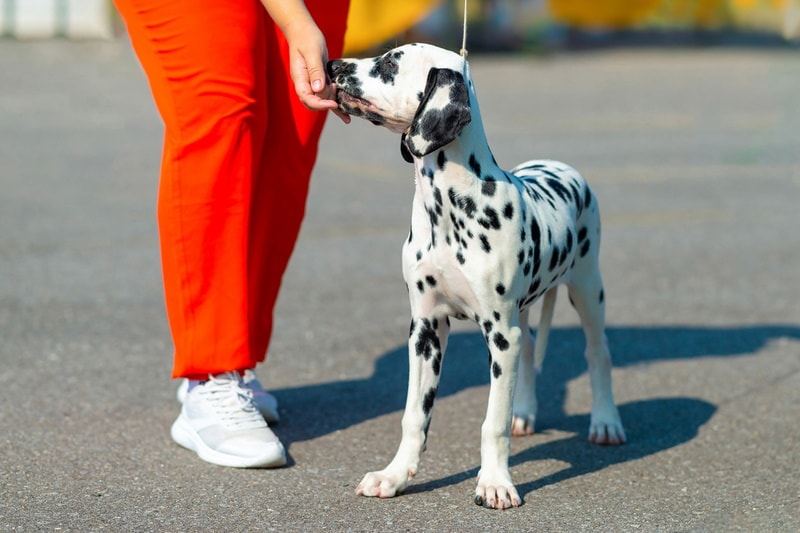
In Conclusion
From a scientific viewpoint, dogs cannot see us as their true parents. However, we can form a similar bond with them that can influence their behaviors and sense of security, like with human children. From a pet owner’s viewpoint, we do things for our dogs that are similar to what their mother did for them and what we do for our children.
See also: Can You Co-Parent a Dog? Facts & Expert Advice
Featured Image Credit: Viktoriia Hnatiuk, Shutterstock




